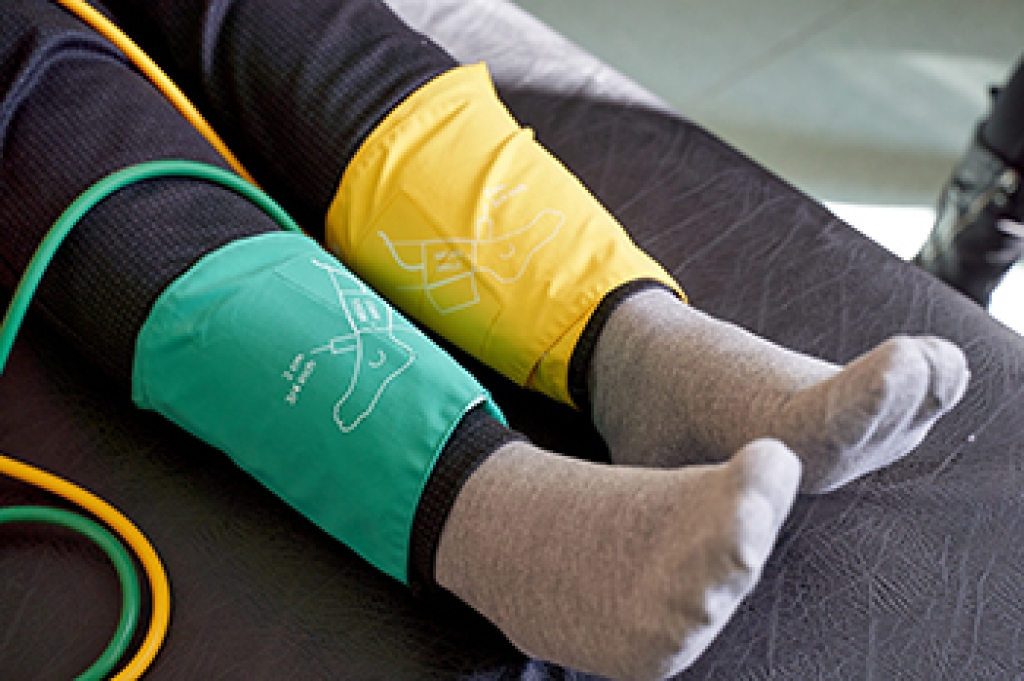
Metatarsal pain, known as metatarsalgia, occurs in the ball of the foot where long bones of the foot absorb body weight during standing and walking. People often notice burning, sharp, or aching discomfort beneath the toes, sometimes accompanied by numbness, tingling, or a feeling of walking on a stone. Symptoms worsen with activity, standing, or tight footwear. Causes of metatarsal pain include repetitive impact from sports, stress fractures, arthritis, and high arches. Toe deformities, such as hammertoes, and pressure shifts created by narrow or high heeled shoes are other factors. A podiatrist can perform a biomechanical examination, evaluate gait patterns, order imaging, and provide care that redistributes pressure and treats the disorder to prevent progression and complications. If you have pain in the ball of the foot, it is suggested that you make an appointment with a podiatrist for an exam, diagnosis, and ongoing treatment.
Foot Pain
Foot pain can be extremely painful and debilitating. If you have a foot pain, consult with one of our podiatrists from Granite State Podiatry Associates. Our doctors will assess your condition and provide you with quality foot and ankle treatment.
Causes
Foot pain is a very broad condition that could be caused by one or more ailments. The most common include:
- Bunions
- Hammertoes
- Plantar Fasciitis
- Bone Spurs
- Corns
- Tarsal Tunnel Syndrome
- Ingrown Toenails
- Arthritis (such as Gout, Rheumatoid, and Osteoarthritis)
- Flat Feet
- Injury (from stress fractures, broken toe, foot, ankle, Achilles tendon ruptures, and sprains)
- And more
Diagnosis
To figure out the cause of foot pain, podiatrists utilize several different methods. This can range from simple visual inspections and sensation tests to X-rays and MRI scans. Prior medical history, family medical history, and any recent physical traumatic events will all be taken into consideration for a proper diagnosis.
Treatment
Treatment depends upon the cause of the foot pain. Whether it is resting, staying off the foot, or having surgery; podiatrists have a number of treatment options available for foot pain.
If you have any questions, please feel free to contact our offices located in Manchester and Bedford, NH . We offer the newest diagnostic and treatment technologies for all your foot care needs.




